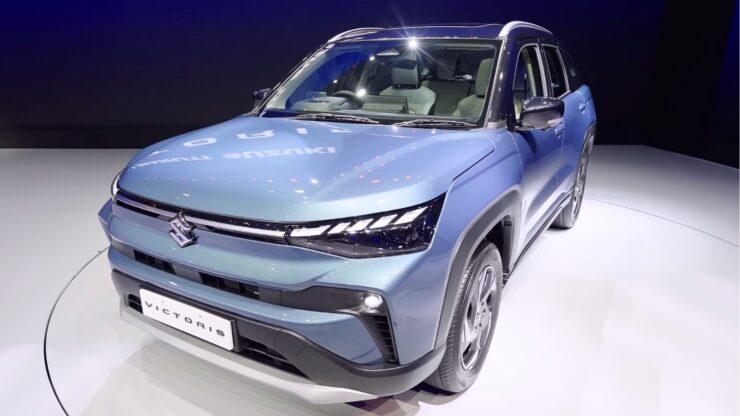Now Reading: Tesla’s India Entry Hits a Red Light: What’s Slowing Down Elon Musk’s EV Push?
-
01
Tesla’s India Entry Hits a Red Light: What’s Slowing Down Elon Musk’s EV Push?
Tesla’s India Entry Hits a Red Light: What’s Slowing Down Elon Musk’s EV Push?

Tesla’s much-anticipated entry into India remains caught in limbo as talks between the automaker and the Indian government continue to stall. Despite repeated statements of interest from Elon Musk and the growing EV appetite in India, key roadblocks are preventing a smooth launch. The delay raises questions about policy flexibility, infrastructure readiness, and India’s positioning in the global electric vehicle landscape.
Import Duties Remain a Major Roadblock
One of Tesla’s long-standing demands has been a reduction in import duties for electric vehicles. India, on the other hand, has remained firm on protecting its domestic manufacturers by maintaining high tariffs on imported EVs—up to 100% in some cases.
Tesla’s proposal to initially import vehicles and later set up local manufacturing hasn’t fully convinced Indian policymakers, who want a clear commitment to “Make in India” from the outset.
Lack of Policy Clarity Adds to Delay
Tesla’s hesitation also stems from the lack of a dedicated EV policy roadmap tailored for global giants. While India has introduced schemes like FAME II and PLI to boost electric mobility, Tesla seeks more transparent and tailored incentives before committing investments.
Without firm timelines or custom policy frameworks, Tesla finds itself stuck between ambition and uncertainty.
Why India Still Matters to Tesla
India represents one of the world’s fastest-growing automobile markets with a rising middle class and growing urban pollution concerns. Tier 2 cities, in particular, are becoming more aware of electric vehicles and clean mobility.
If Tesla enters with competitive pricing, it could spark a major shift in consumer preferences, pushing traditional carmakers to accelerate their own EV plans.
Indian Startups and Manufacturers Watching Closely
Homegrown companies like Tata Motors and Mahindra are carefully observing Tesla’s India dilemma. A local entry by Tesla could mean both competition and collaboration—especially in areas like battery tech, EV infrastructure, and software integration.
Startups in Tier 2 cities are also gearing up to support global players with charging networks, mobility software, and manufacturing components.
Musk’s Global Strategy vs. Indian Realities
Elon Musk’s approach has always been aggressive and globally uniform—enter markets, create demand, and then manufacture. But India’s expectations of upfront local commitment make it a uniquely challenging space.
The tug-of-war between Tesla’s global model and India’s local-first approach may take longer to resolve than initially expected.
Conclusion:
Tesla’s India journey is far from over, but it is undeniably stuck in first gear. While there’s enthusiasm on both sides, structural policy issues, duty concerns, and the pace of negotiations continue to slow down progress. For now, Indian EV enthusiasts and policymakers alike must wait to see if the world’s most iconic electric car brand can finally find a fast lane on Indian roads.

























